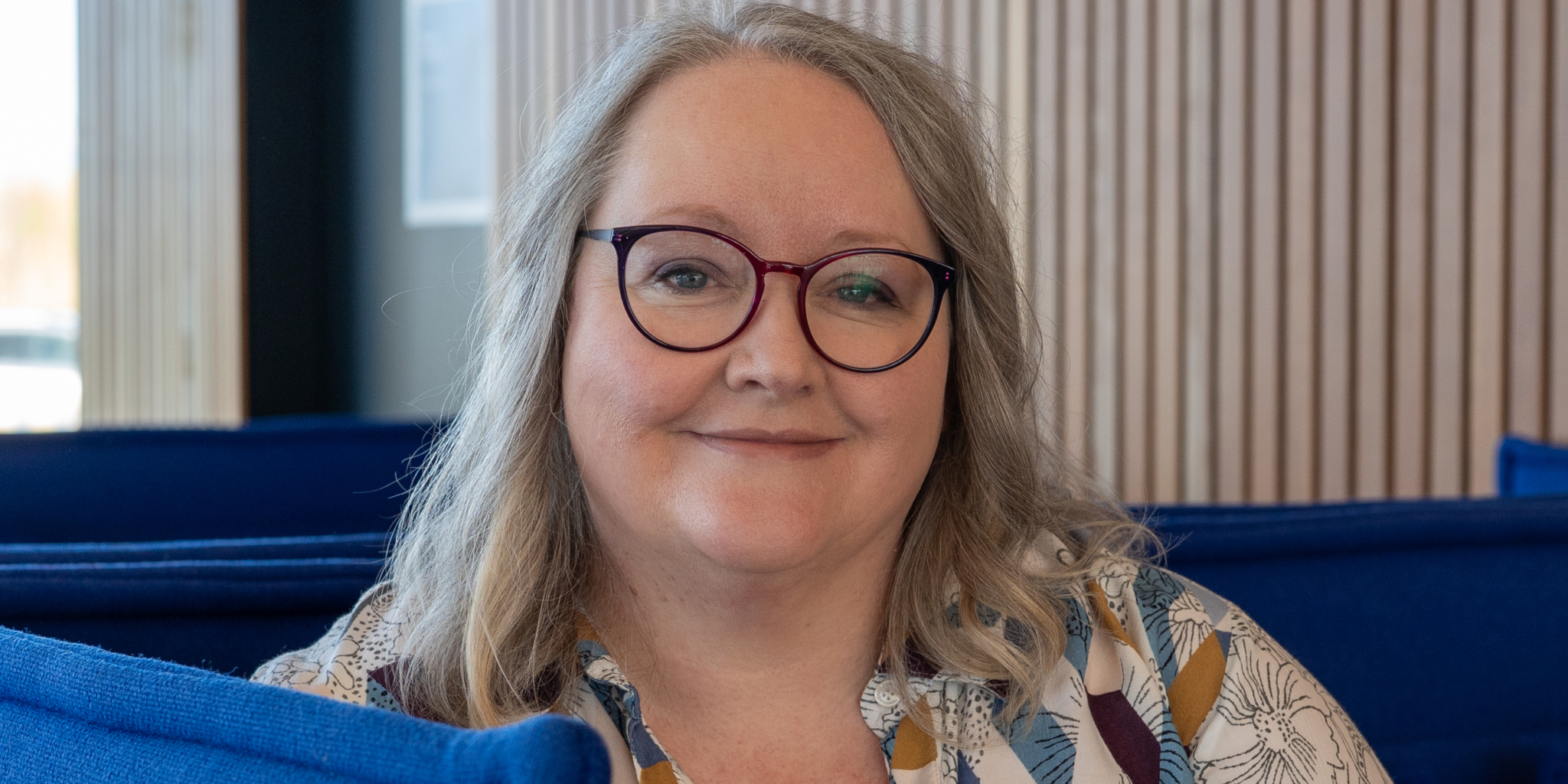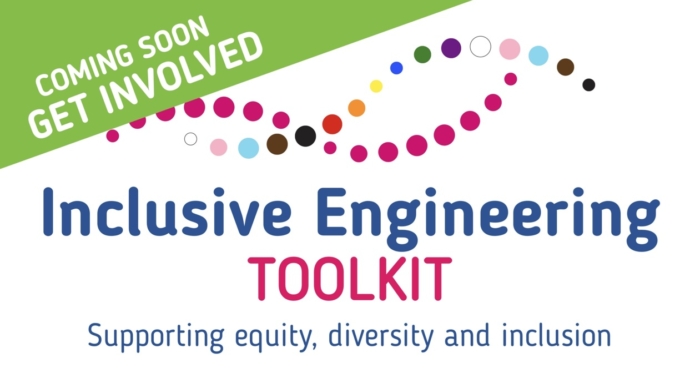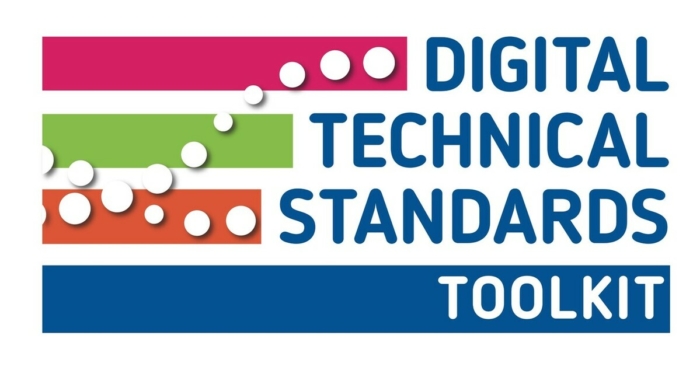In this guest blog, Prof Bev Gibbs, Director of the Dyson Institute of Engineering & Technology, examines how we should think strategically to design inclusive assessment in accredited engineering programmes. Scroll down for an opportunity to join a free workshop on inclusive assessment.
As engineers, we pride ourselves on integrity, problem-solving, and continuous improvement. But when it comes to assessment design, are we applying the same rigour we demand in our technical disciplines?
Inclusive assessment isn’t about catering to a single student demographic or second-guessing individual needs. Nor is it about assuming that capable students will naturally engage with assessments in the same way we would and then retrofitting adjustments for those who don’t or can’t.
Instead, inclusive assessment design asks: What barriers might this assessment format present to any student in demonstrating their learning and capabilities? When we approach assessment this way, every student benefits – not just a subset.
Principles of inclusive assessment in engineering education
What do we mean by inclusive assessment? It’s assessment that is aligned with learning outcomes, provides structure and transparency, and incorporates a variety of activity types including authentic, real-world tasks. It’s assessment that takes place under a range of conditions, includes frequent formative feedback, distributes timing thoughtfully, and offers flexibility wherever possible.
Despite decades of progress in inclusive learning, the relationship between inclusive assessment and accreditation by professional bodies remains uneasy. Can reasonable adjustments be given for an assessment mapped to an accredited learning outcome? Which assessments can a student be exempted from? What if a new assessment format meets written guidelines but differ from established practice? Does flexibility undermine rigour? And the big one: is it allowed? Accreditation has been perceived as a barrier to innovative or flexible formats, but this is a misconception.
The Engineering Council’s guidance on assessment and reasonable adjustments is a welcome intervention, clarifying expectations for inclusion on recognised programmes and laying the ground for different approaches.
The illusion of fairness
Too often, inclusion is treated as a bolt-on – reactive accommodations driven by policy and paperwork rather than pedagogy and purpose. This approach places the burden on students to go through administrative hoops, and in particular can fail many neurodivergent students, who face barriers to diagnosis, disclosure and support. Students with invisible disabilities may not appear in disability data, but they are in our classrooms, navigating systems not designed for them.
Let’s be clear: exempting students from assessments that demonstrate programme-level learning outcomes is not a reasonable adjustment. It’s a compromise – one that risks undermining both the student’s learning and the credibility of the qualification. The Engineering Council is unequivocal: learning outcomes must be met. Condonement and compensation are never strategic tools for inclusion.
Strategic assessment design: designing for the (very large) margins
Strategic assessment design begins at the programme level, and thoughtful accreditation mapping plays a key role in designing for inclusion. Think about it: programmes that are overly reliant on a narrow range of assessment formats (such as time-limited invigilated exams, or individual presentations) disadvantage all students who don’t have specific strengths in sitting exams and giving presentations. So why do so many courses still do that?
This can be compounded when we indiscriminately map AHEP learning outcomes to modules. Given the difficulty of finding equivalent assessments for students in modules tied to programme recognition, this can lock in inflexibility unless we’ve taken the time to think through a truly inclusive assessment profile that considers the full diversity of students who may undertake them.
And finally, we need to understand the difference between the performance you hope to see in our students and the threshold performance required in an accreditation learning outcome. Setting the bar too high for a pass can make it challenging for students for whom demonstrating a threshold can be enough. Keep the stretch for more adept students but give the opportunity for a pass.
From accommodation to anticipation
The most inclusive assessment is the one that doesn’t need to be adjusted. That’s not a utopian ideal, it’s a design principle. It means asking:
- What barriers might this assessment create?
- Who might it exclude?
- How can we build in flexibility without compromising integrity?
This is not just the responsibility of disability services or individual tutors. It’s a strategic imperative for programme leaders, accrediting bodies, and the entire engineering education community. This isn’t about lowering standards. It’s about recognising the threshold nature of those standards and designing assessments that equip all students to reach them – not just those who thrive under traditional conditions.
Academic integrity ≠ inflexibility
Let’s not confuse rigour with rigidity. Academic integrity means ensuring assessments measure what they’re intended to, rather than enforcing uniformity for its own sake. In fact, poorly designed assessments that systematically disadvantage certain groups threaten integrity.
We can – and must – design assessments that are both inclusive and uncompromising. That requires strategic thinking, not just procedural compliance.
Inclusive assessment isn’t a kindness. It’s a competence. And in engineering education, we should expect nothing less.
As part of our ongoing work on neuroinclusion under the banner All in for Engineering, the Engineering Academics Network will be holding a free two-day workshop on inclusive assessment from 28th to 29th August 2025, generously hosted by Aberdeen’s Robert Gordon University (RGU). To attend sign up here.




